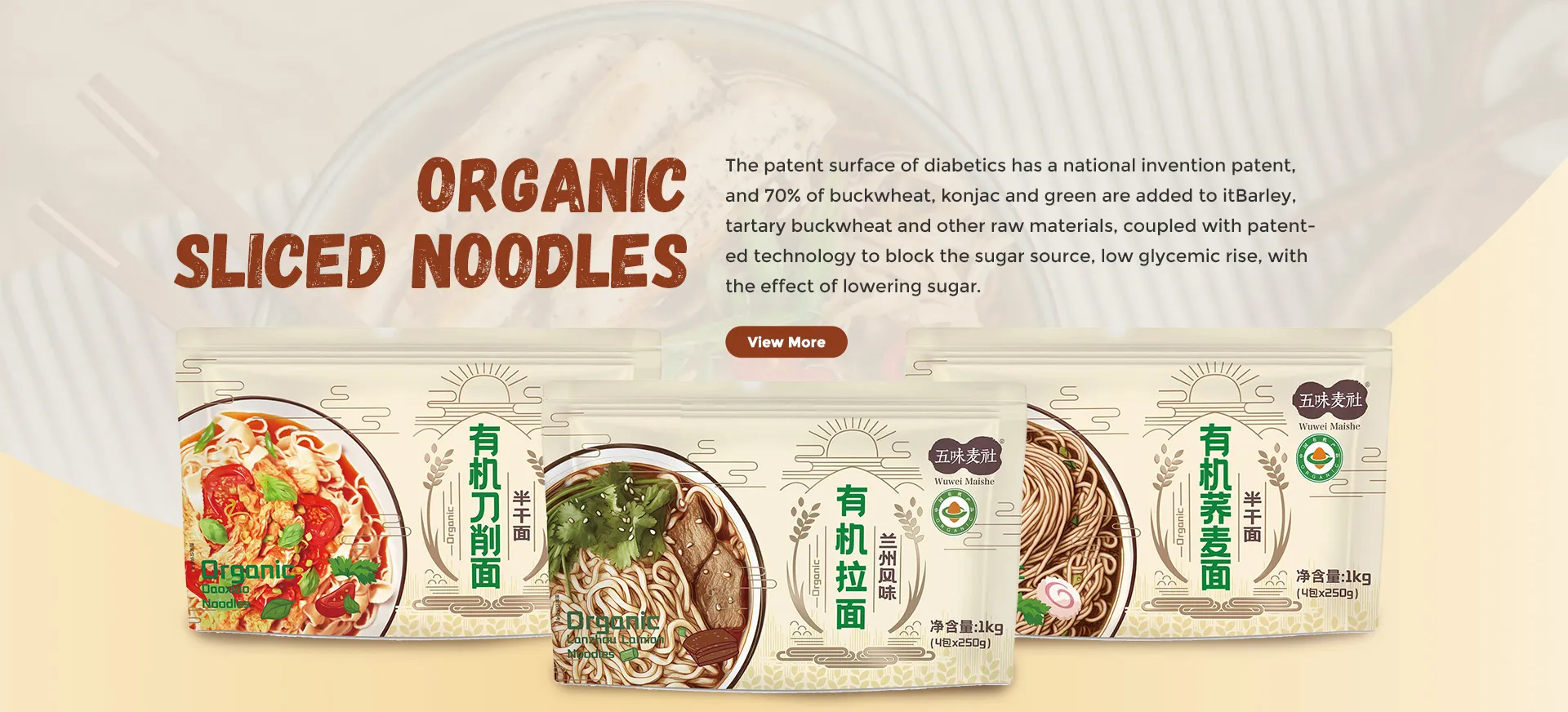buckwheat soba
The Art and Benefits of Buckwheat Soba Noodles
Soba noodles, traditional to Japan, play a pivotal role in Japanese cuisine, embodying a rich cultural heritage while surprising the palate with their unique flavors and health benefits. At the heart of this beloved dish lies buckwheat, a pseudo-grain that has been celebrated for centuries not only for its distinct taste but also for its nutritional profile. In this article, we will explore the origins, preparation, and benefits of buckwheat soba noodles.
Origins of Soba Noodles
Soba, meaning buckwheat in Japanese, refers to noodles made primarily from buckwheat flour. The history of soba dates back to the Edo period (1603-1868), where it began as a popular street food. With its roots in the mountainous regions of Japan, soba flour was a staple due to the difficult rice-growing conditions. Over time, the preparation of soba evolved, leading to its emergence as a culinary art form. Traditional soba-making involves a careful process of kneading and rolling the dough, which is then cut into thin noodles. Modern-day soba is often made with a blend of buckwheat and wheat flour, but 100% buckwheat soba, known as juwari soba, is highly prized for its flavor and gluten-free properties.
Flavor Profile and Versatility
Buckwheat soba features a distinctive nutty flavor that sets it apart from other types of noodles. Its slightly chewy texture makes it exceptionally versatile, allowing it to be served in a variety of dishes. Soba can be enjoyed hot or cold, served in soups, tossed in salads, or as a standalone dish with dipping sauces like tsuyu. Seasonings such as sesame oil, scallions, and nori enhance the sensory experience, while fresh vegetables and proteins can be added to create a balanced meal. Innovative chefs continue to experiment with soba in fusion dishes, from soba sushi rolls to soba-bowl creations, highlighting its adaptability in contemporary cuisine.
Health Benefits
buckwheat soba

Beyond its culinary appeal, buckwheat soba is a nutritional powerhouse. Unlike traditional wheat-based noodles, buckwheat is naturally gluten-free, making it an excellent option for those with gluten sensitivities or celiac disease. Buckwheat is rich in essential minerals such as manganese, magnesium, and copper, which play vital roles in metabolism and energy production. Furthermore, it is an excellent source of dietary fiber, promoting digestive health and helping to maintain stable blood sugar levels.
Buckwheat also contains high levels of antioxidants, particularly rutin, which has been linked to various health benefits, including improved cardiovascular health and reduced inflammation. Regular consumption of buckwheat has been associated with lower cholesterol levels and a reduced risk of chronic diseases. Additionally, the protein content of buckwheat is high compared to other grains, making soba a beneficial food source for vegetarians and vegans looking to incorporate more protein into their diet.
Cooking with Soba
Cooking buckwheat soba is a straightforward process. Begin by bringing a pot of water to a rolling boil, then add the soba noodles, stirring gently to prevent clumping. Soba typically cooks in just 4-6 minutes; it is essential to monitor the noodles closely to achieve the desired al dente texture. Once cooked, drain the noodles and rinse them under cold water to stop the cooking process and enhance their chewy texture.
For a classic dish, serve chilled soba with a side of dipping sauce, or create a hearty noodle soup with seasonal vegetables and broth. The flexibility of buckwheat soba means it can easily be incorporated into stir-fries, salads, or even enjoyed in a warm, comforting broth.
Conclusion
Buckwheat soba noodles are more than just a comforting meal; they are a celebration of culture, tradition, and health. Their unique flavor, versatile nature, and impressive nutritional benefits make them a fantastic addition to any menu. As the world continues to explore and appreciate the diverse flavors of global cuisines, buckwheat soba stands out as a delicious and healthful option. So, whether you are a culinary enthusiast or simply looking to diversify your dining experiences, incorporating buckwheat soba into your diet is a wonderful choice that pays homage to history, culture, and personal well-being.
-
Is Whole Wheat Pasta Healthy?NewsMay.30,2025
-
Are Soba Noodles Good for Weight Loss?NewsMay.30,2025
-
Are Buckwheat Soba Noodles Healthy?NewsMay.30,2025
-
Are Buckwheat Soba Noodles Gluten Free?NewsMay.30,2025
-
Are Buckwheat Noodles Good for You?NewsMay.30,2025
-
A Healthy Way to Savor Soba and Spicy FlavorsNewsMay.30,2025
-
What Are Lanzhou Noodles?NewsMay.30,2025
Browse qua the following product new the we

















































































































